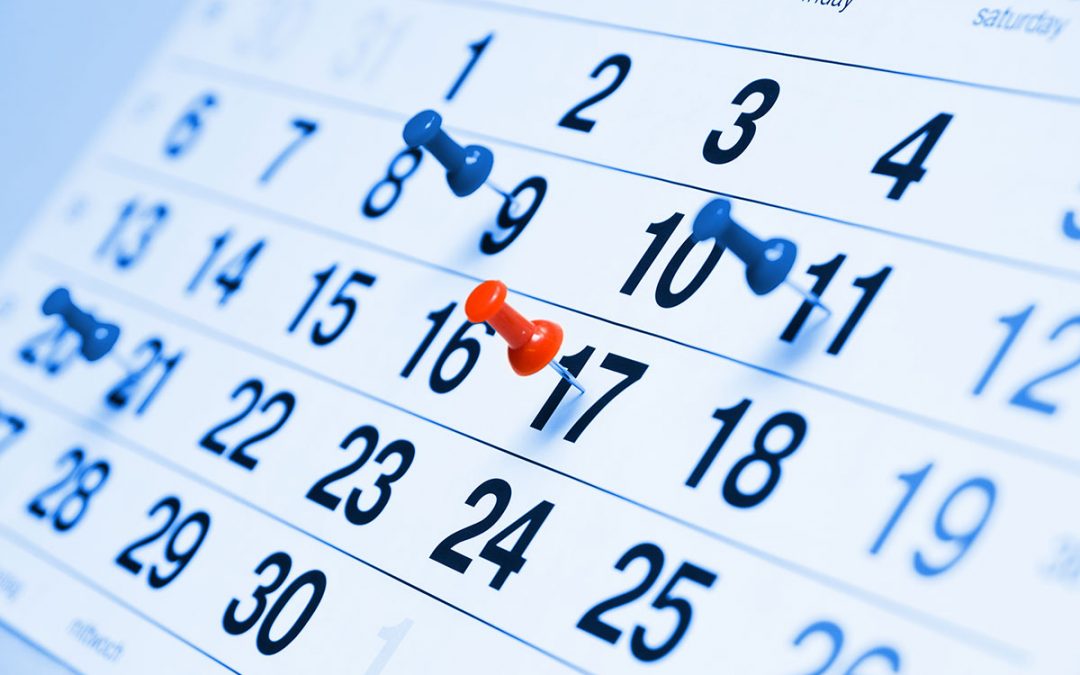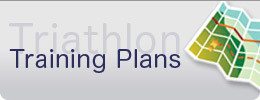Yes, you can.
Still, even after being in the sport of triathlon as an athlete, coach and race director for more than 20 years, I continue to be impressed by the triathletes who tackle an IRONMAN Triathlon® distance successfully in spite of everything else they have going on in their lives: career, family, significant others, friends, pets, etc. Heck, I’m still amazed that I did it for many years, too. It is a huge commitment and challenge but doable.
“How do they do it?” you may be asking.
Rather than give you the “secret workouts” that give you the benefit of biking 3-4 hours in only 15 minutes (they don’t exist), I’ll share the considerations and best practices that I’ve learned and observed on how busy people manage to train successfully for long course triathlons.
First, commit to what you reasonably can do. You can expect to do ten to fifteen hours of training per week (minimum) for the last 2-3 months leading up to the race.
Questions to ask before committing by signing up for your race:
- What are your priorities? Write them down.
- What else is going on in your life?
- Who else in your life will be affected by your training time? Whether it’s your boss, your wife or your buddies, communicate with them upfront
- Who is your support base?
Please note that I said to consider these questions before signing up for your race. The reality may be that you won’t be able to make an IRONMAN work this year. Consider an IRONMAN 70.3 or an Olympic distance race instead. The IRONMAN races will always be there next year.
Second, choose a race that plays to your advantages. For example, if you’re a school teacher with summers off, then consider doing a mid to late summer race like IRONMAN Lake Placid so you can do the last few months of training when you have the most time available. Or, if you work 9-to-5, you may not want to do a late season race because it will be dark after work during the week so you’ll be forced to do your rides indoor on a trainer.
Third, establish a consistent training schedule (see chart below as an example). This helps with planning and communicating with others affected by your training by setting expectations. I recommend putting the workouts into your calendar so you block off the time and remember not to schedule unimportant events during your training time.
Fourth, train early and train smart. Here are some ideas:
- If you get a workout done earlier in the day, it’s done. So something new comes up, you won’t have to worry about not being able to train that day.
- Consider bundling workouts back-to-back to save time. For example, if you’re going to the pool to swim, run there or do your strength training after swimming.
- Commute to your work on bike or run to work.
- Do the minimum training you need to do be successful. For example, do a purposeful and focused 4 hour ride with minimum stops instead of a 6 hour ride that’s going to be less focused, have more stops and, frankly, isn’t really necessary.
Finally, be flexible. Stuff happens. Don’t stress about missing a few workouts each week. Just do what you can do. I recommend scheduling 3 workouts each of swim, bike and run but then give yourself the flexibility to miss one of each per week if needed.
Want more tips on time effective training for a triathlon? Be sure to check out our recorded webinar: Time Saving Training Tactics for Triathletes.
Happy training,
David
—




